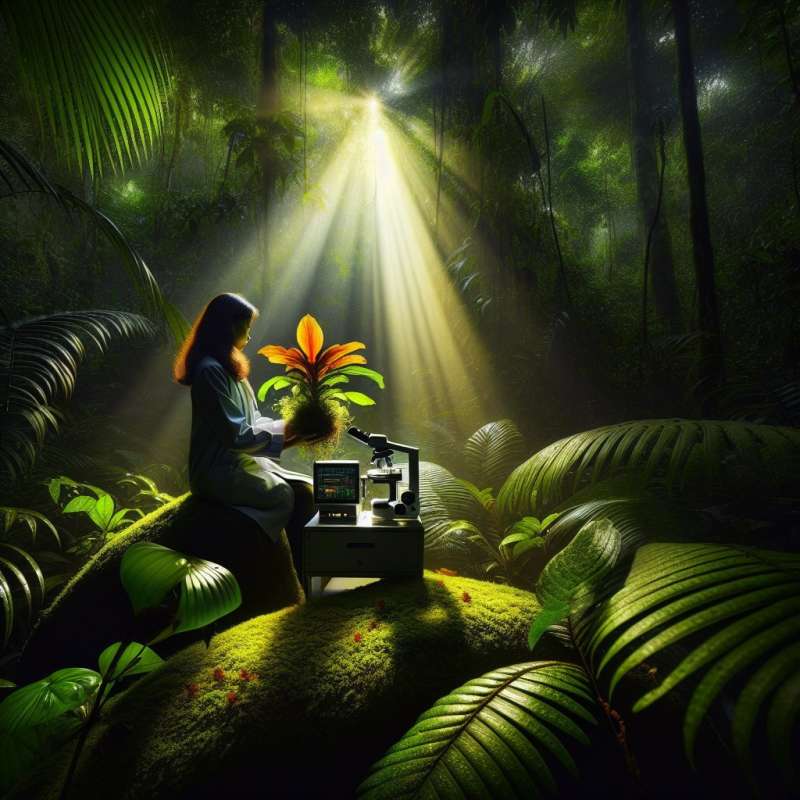
Biodiversity Hotspots
Tropical rainforests are Earth's oldest living ecosystems, with some surviving in their present form for at least 70 million years. They host more than half of the world's species, all within the 7% of land they cover.
Incredible Species Range
A single hectare of rainforest may contain 42,000 different species of insect, 807 trees of 313 species, and 1,500 species of higher plants. This incredible diversity is crucial for the balance of global ecosystems.
Trees as Water Pumps
Tropical rainforest trees can pump gallons of water into the atmosphere each day through a process called transpiration, which creates giant 'rivers' in the sky and influences global weather patterns.
Carbon Storage Champions
Rainforests play a vital role in carbon storage, absorbing billions of tons of carbon dioxide annually. This helps mitigate climate change, as forests act as large carbon sinks.
Medicinal Treasure Troves
Over a quarter of modern medicines originate from tropical forest plants. Yet, less than 1% of these species have been analyzed for their medicinal potentials, suggesting a vast untapped resource.
Threats from Humanity
Despite their importance, rainforests are being destroyed at an alarming rate of 18.7 million acres annually – equivalent to 27 soccer fields every minute, primarily due to logging, agriculture, and cattle ranching.
Conservation Efforts
International efforts to protect and restore rainforests are increasing. Projects include promoting sustainable resources, enforcing laws against illegal logging, and empowering indigenous communities to conserve their ancestral lands.Symbiotic Ants and Trees
Some tropical trees have evolved to rely on ants for survival, providing them shelter in exchange for protection against herbivores and competing plants.
How old are tropical rainforests?
At least 70 million years
Around 20 million years
Over 100 million years
Company